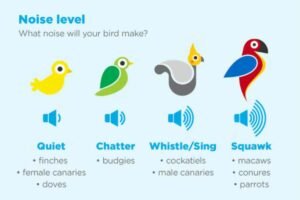Do turtles have feelings? There are some feelings that turtles are known to experience, like pain, anxiety, fear, and stress. Their nociceptors are responsible for these feelings. However, these majestically patterned creatures cannot experience the wide range of emotions that we humans can. Most of them may not feel anger, sadness, or love, and in terms of happiness, you can say your turtle is content.
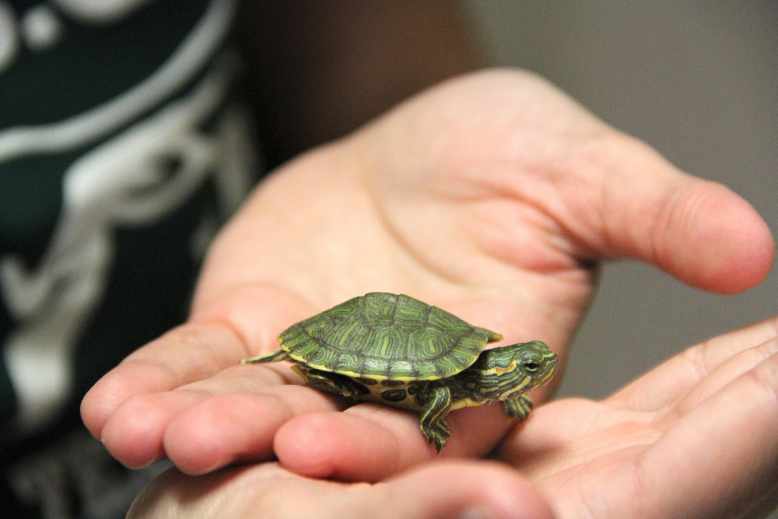
Turtles are amongst the most nonviolent yet mysterious reptiles out there. They usually don’t hurt anyone unless they are in a situation where they feel threatened and need to defend themselves. Their defendant behavior makes many turtle owners wonder if their pets can feel threatened, does this means they also feel bored, sad, or happy? Do turtles have feelings? If so, how do they express their emotions?
Let’s find out!
Do turtles have feelings?
Well, this is a highly debatable topic, and different turtle owners come with their own theories. Some say turtles have feelings, while others don’t necessarily agree. Regardless of what people say, these reptiles are perfectly capable of experiencing curiosity, pain, fear, and contentment. Though they don’t have feelings like anger, sadness, love, or happiness, they can show signs of fright if attacked. It is also common for them to get stressed.
Do turtles have emotions?
If we talk about human-like emotions (happy, sad, surprised, shocked, angry), then no! These reptiles don’t have feelings. Turtles are unable to experience happiness, anger, love, or sadness. The part of the brain responsible for the processing of such sensations is not active in turtles. That is why their range of emotion is quite different than ours.
You might have seen turtles fight with each other. Some people believe that it is because these reptiles experience “anger,” but this is not true. As stated earlier, turtles cannot experience anger. Thereby they don’t fight out of rage. The only thing matters to them is survival, and they will do anything to survive. So the most obvious reason why a turtle may fight is either for food or to compete for a potential mate.

One of the few emotions that a turtle may feel is boredom and stress. Turtles are curious creatures, and they can get bored if their tank is not exciting and they have nothing to explore. A bored turtle may start digging, navigating, or climbing his tank to kill his boredom. Turtles dealing with this emotion can even try to escape from their aquarium. Therefore, owners are advised to provide their pets with scopes to keep them entertained.
Love or happiness is probably the most controversial emotion in turtles. As responsible owners, we like to think that our pets are happy. But reptiles don’t process emotions or feelings the way we assume they do. They don’t jump out of happiness like us. Turtles simply don’t start cuddling their humans like canines when they are excited.
Their “happiness” means that the turtle’s needs are met, and they are satisfied with their environment.
Do turtles feel pain?
Humans feel pain when a pain message is transmitted to the brain by the nociceptors (pain receptors). Turtles also have pain receptors responsible for the pain sensation. The way they perceive pain is not different than humans. However, the only difference is that when turtles feel pain, they don’t cry like humans do. Their pain has no connection to the tear glands. They don’t sob, and you may not be able to hear any sound.
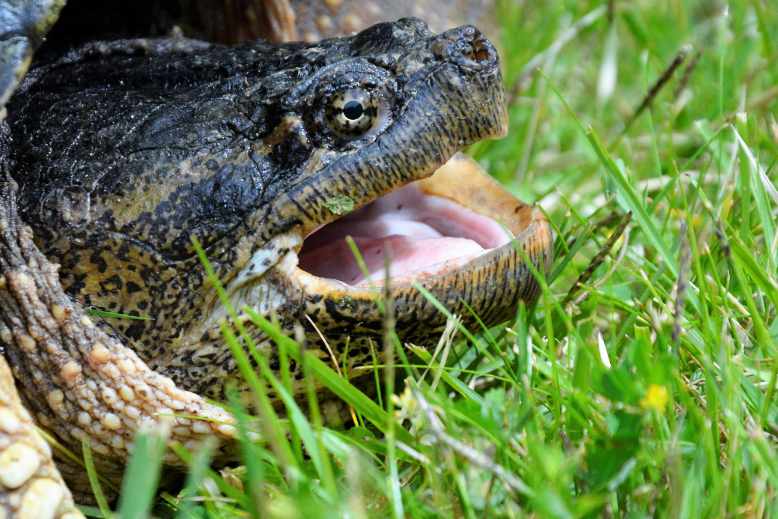
Do turtles get depressed?
Here is another question that concerns many turtle owners. Do turtles get depressed? The answer is a resounding yes! Turtles get anxiety and depression more often than you can imagine. Even the slightest change in the environment and lighting can stress your turtles and affect their everyday lives.
Generally, a turtle’s stress response is closely related to fear and can be bought on by injury, change in environment, incorrect habitat, and illness. Stress is also linked to a turtle’s immune system.
According to research carried out by scientists, an injured turtle is likely to heal more quickly if he is not stressed out, and if a turtle is depressed, his healing may take longer.
Do turtles cry?
Yes, turtles do shed tears. However, it has nothing to do with their pain, emotion, or sadness.
Sea turtles usually cry for one main reason; to balance the amount of salt present in their body.
These turtles spend most of their time swimming in seawater. They also drink this salty water to stay hydrated. However, their bodies are unable to handle this much salt. Their reptilian kidneys, on the other side, aren’t that strong to excrete large volumes of salt through urine. Thereby, sea turtles have evolved tear or secretory glands near their eyes to pump the excess amount of salt out. These glands pump out salt in the form of tears, thus making it look like a turtle is crying.
Land turtles cry to protect their eyes from sand and dust particles. Female turtles cry while laying eggs on the land. Other reasons why you may notice a turtle crying include
- To get rid of poisonous salt
- To keep the eyes moist.

Do turtles have feelings? Related questions:
- What emotions or feelings do turtles feel?
- Curiosity
Though turtles don’t express a wide range of emotions, they are curious. They like to poke around and explore their enclosure. Typically turtles look for something delicious to nibble on.
- Boredom
It is not uncommon for turtles to feel boredom. A bored turtle may turn to destructive behaviors. He may dig up the plants, overturn his food and water dishes, or desperately try to climb out of the enclosure.
- Companionship
Turtles are intelligent creatures, but they are unlikely to develop human-like feelings and emotions. Usually, they don’t make friends, but some turtle species do better in small groups.
- Jealousy
No matter what animal or species you have, jealousy is a strong feeling. While turtle jealousy isn’t quite like human jealousy, it can lead to similar behaviors. This behavior is expected between males and is especially noticeable if there are females around.
- Fear
The emotion of fear is pretty apparent in turtles. When scared, turtles try to pull their head back into their shell. Some of them may hide, run, or shrink back in fear.
- Can turtles feel when you touch their shell?
Many people assume that a turtle’s shell is only there for protection against the sharp teeth of a predator and have no feelings at all. But that’s not the case. Turtles can feel anything touching or scratching their shell. They can also feel pain through their shells. Sadly, due to lack of awareness, the internet is filled with cases where humans have drilled holes in their pet turtle’s shells to hook a chain or to carry them around. But this is extremely painful for the majestic reptile and should be avoided at all costs.
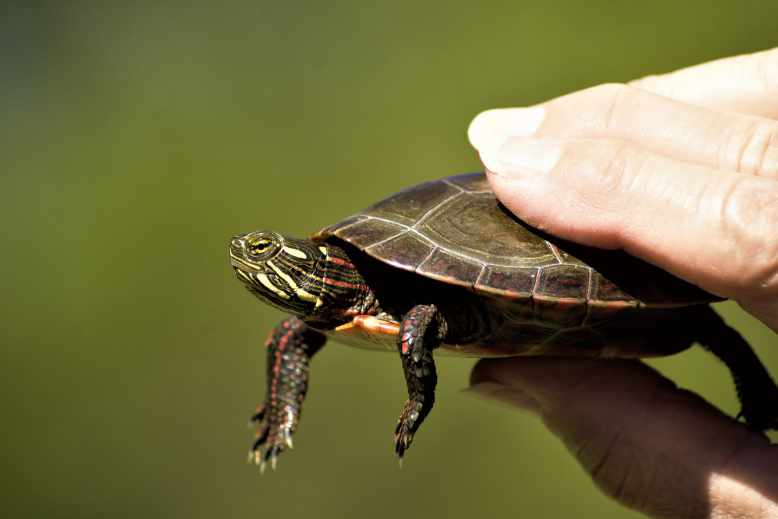
- Do turtles get attached to their owners?
Generally, turtles are considered inactive and cold-hearted creatures. However, if you show affection towards them, you will notice that these reptiles are super friendly to be around. It is pretty common for turtles to get attached to their caregivers. They even express their emotions through playful behavior when they are around their favorite human.
As a turtle admire, it is pretty essential to remember that turtles are keen observers. They notice the person who provides them with food and other basic necessities. If you are the only one who takes care of all their needs, they will definitely feel attached to you.
- Do turtles love their owners?
Turtles, being reptiles, aren’t capable of feeling “love” as we understand it. Yet, they do show some signs of appreciation for their humans. Their way of expressing love is different from canines and felines. Like other pets, a turtle may never run towards you to snuggle. Turtles usually show affection by following their owners around with eyes or heads. Your pet appreciates your presence if he eats from your hands, lets you handle him, and comes out of his shell at your sight.
- Will your turtle recognize you?
Turtles are slow learners. They can recognize their caregivers, but the process of recognition may take some time. Give your turtle some time to understand who the primary owner is.
- How do turtles perceive their owners?
Turtles depend on their different senses to perceive and recognize their owners. Some of their senses are as follows
- Sense of sight
Most turtles use the power of vision to recognize their owners. They try to instill your shape and size in their mind to identify you. Their vision is quite similar to ours, so they can clearly see who is providing them with basic necessities.
- Sense of hearing
Nature has gifted these shelled creatures with a remarkable sense of hearing. Their sense of hearing is so keen that they can even hear you talking from a different room. The life of a captive turtle can be a little boring at times, so they enjoy listening and recognizing all the sounds around them.
- Sense of smell
Turtles also have a fantastic ability to recognize their owners by their scent. They can pick up your scent whenever you put your hand in their aquarium.
- How do turtles show affection?
Turtles usually show affection by rubbing their head and long necks against their humans. This is a natural behavior indicating that your pet trusts you and wants to show his love and affection for you.
Another way a turtle may show his affection is by approaching you. For instance, if you approach your turtle from one side of the aquarium, the fellow is likely to come towards you to meet you. They do this to show their affection, but it can also be their way to beg for food.
A pet turtle that feels affection for you is likely to follow you around. For example, if you set your turtles free on the ground, they might try to get closer to you.
Surprisingly, some turtles enjoy it when their caregivers pet or scratch their shells. Anyhow, not all turtles appreciate this, so you need to be really careful.
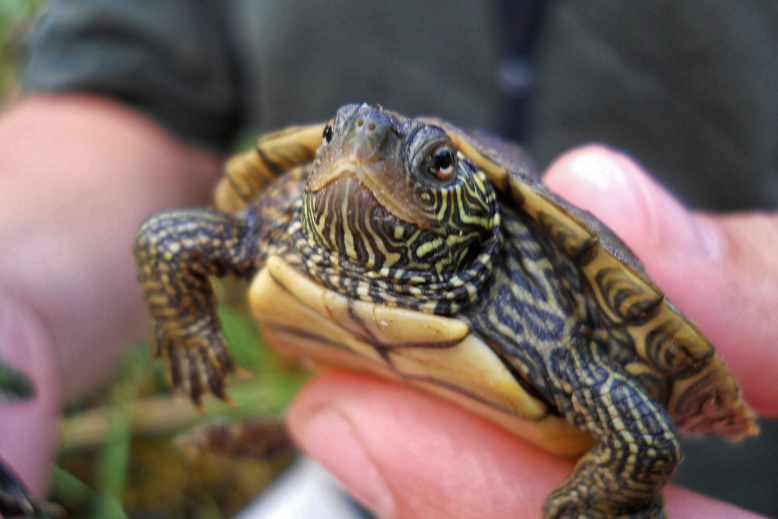
- Do turtles like music?
Well, there is no scientific evidence that turtles or even tortoises like music. On the contrary, there is no proof that they dislike melody. However, not all but some turtles do respond to certain hymns and songs that their owners play for them.
- Do turtles know their names?
Many turtle owners believe that their turtles know their names and come to them when called.
Whether a turtle knows its name instinctively or not is another debate, but if your pets approach you when called, it makes sense that their audible stimuli work just fine.
Turtles, no doubt, are pretty intelligent pets. Though their intelligence is hard to quantify, they know for sure how to get the essentials. It is yet to be proven if turtles have the cognitive ability to recognize their names. However, they are highly trainable, so it isn’t rare for them to respond to their name at the sight of treats. A turtle may associate his name with rewards being offered, making you believe that your pet knows his name and is paying attention to your calls.
- Do turtles have good memory?
The answer to this question is both yes and no. Turtles seem to possess a powerful long-term memory if it relates to their survival. However, like most other animals, their short-term memory is quite limited.

- Do turtles bond with humans?
That’s a bit tricky to answer. Humans are social creatures who like to form emotional bonds with almost everything and everyone. That is the reason why many people admire dogs because canines are also pack animals. Even felines can be considered pack animals. However, turtles are natural loners. They like their privacy the most. Plus, they live a long life, and nothing is a rush for them. They don’t like to make any sudden decisions. But if kept and taken care of for a long time, turtles can also begin to form a close bond with their caregivers. So be persistent in your attempts, and you will have a lifetime friend.
Trust us, a turtle friendship is worth the wait!


